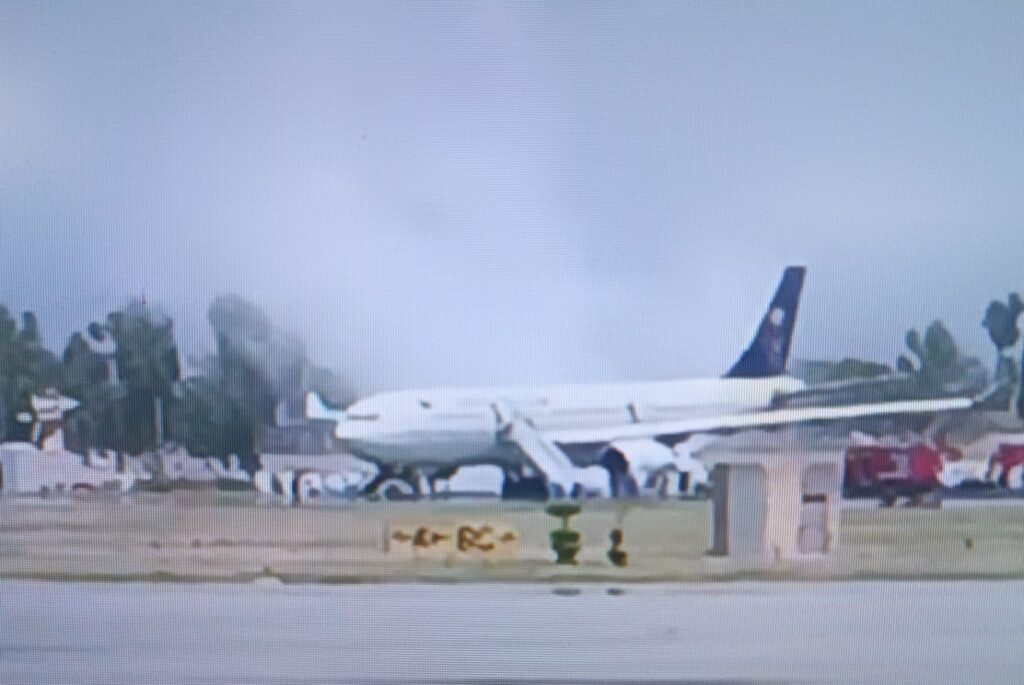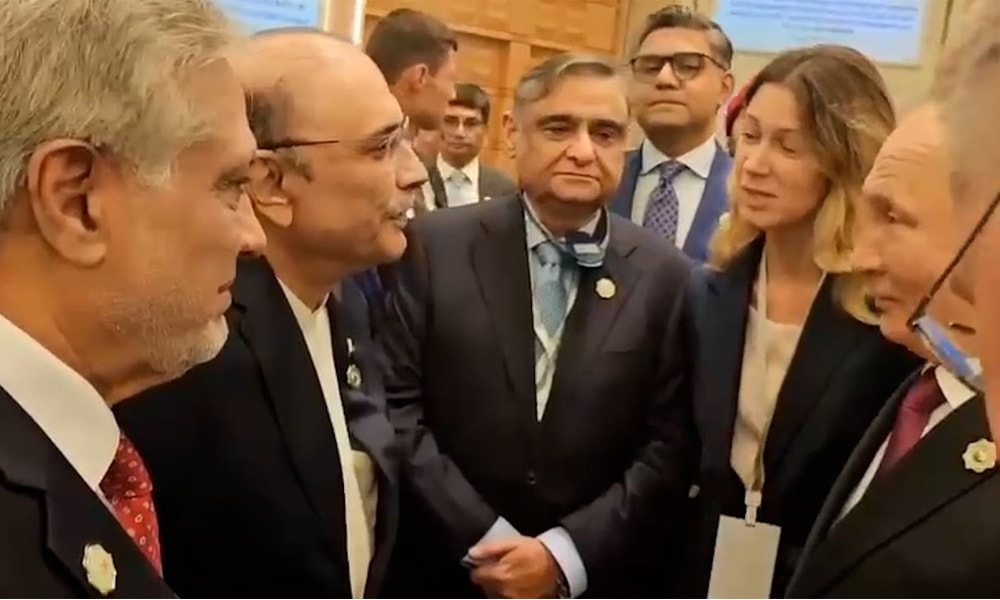PTBP Web Desk
The Supreme Court of Pakistan’s seven-member constitutional bench, led by Justice Aminuddin Khan, rejected a plea on Tuesday to transfer detainees under military trial to civilian jails. This decision came as part of the ongoing hearings surrounding the constitutionality of trying civilians in military courts. The plea dismissal highlights the judiciary’s focus on legal principles rather than procedural concessions.
The plea in question arose amid the controversy over military trials of civilians implicated in the violent riots following the arrest of Pakistan Tehreek-e-Insaf (PTI) founder Imran Khan earlier this year. On October 23, 2023, the Supreme Court ruled that trying civilians in military courts for their alleged involvement in attacks on army installations was unconstitutional, declaring such trials ultra vires to the Constitution.
The hearing took place in a courtroom packed with legal representatives and observers, reflecting the case’s significance. However, the absence of Khawaja Haris, counsel for the Ministry of Defence, due to illness, led to an adjournment of the main proceedings until Thursday. This adjournment was granted at the request of the Additional Attorney General of Pakistan.
During Tuesday’s hearing, senior lawyer Latif Khosa, representing the petitioners, passionately urged the bench to allow detainees under military custody to be transferred to civilian jails. Khosa argued that such a transfer would facilitate family visits, a crucial consideration for the detainees’ mental and emotional well-being.
Justice Aminuddin Khan, however, rejected this plea, pointing out that the Attorney General of Pakistan (AGP) had already assured the court that arrangements for family meetings were being made. The justice emphasized that the court’s primary responsibility was to remain focused on the constitutional and legal aspects of the case rather than delving into procedural matters.




